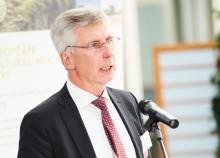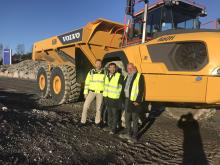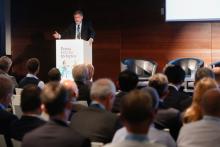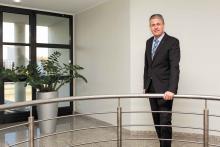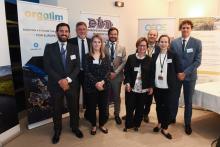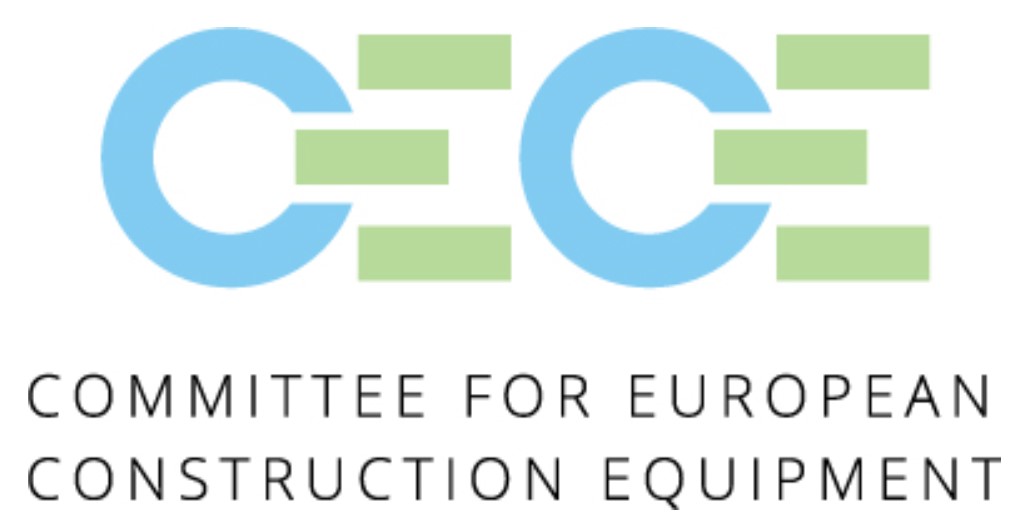
On September 9-10 CECE held High-Level Groups to discuss digitalisation in construction and explore decarbonisation potential.
The High-Level Group on CO2, which was chaired by Allan Tolley of JCB on September 9, meets twice a year and for the first time met fully online. The group discussed the ongoing activities on greenhouse gas emissions that could affect the construction equipment sector.
In calling for a more holistic approach to decarbonisation, the discussion highlighted that it is not only the optimisation of all elements related to the machine itself (engine, transmission, hydraulics, tyres, etc.) that contributes to decrease emissions but the process and operation efficiency, together with the sustainable use of alternative energy sources which should also be part of the holistic evaluation concept. How digitalisation may contribute to machinery - and process - optimisation is one of the key questions that the group is facing.
The following day, in its September 10 meeting, the High-Level Technical Policy Advisory Group (HLTPAG) of CECE discussed the relevant strategic topics for the construction machinery industry as digitalisation and the SCIP database.
The group, chaired by Pelle Bokedal of Volvo CE, has been updated on CECE's recent political success related to the Stage V Regulation. Regulation (EU) 2020/1040 to amend Regulation (EU) 2016/1628 on Stage V emissions from non-road mobile machinery (NRMM) was published on July 17 on the Official Journal of the European Union. This final step of the legislative process confirms that the 12-months extension of certain transitional provisions is officially EU law and is applicable retroactively from July 1, 2020.
The groups will meet again in March 2021.

